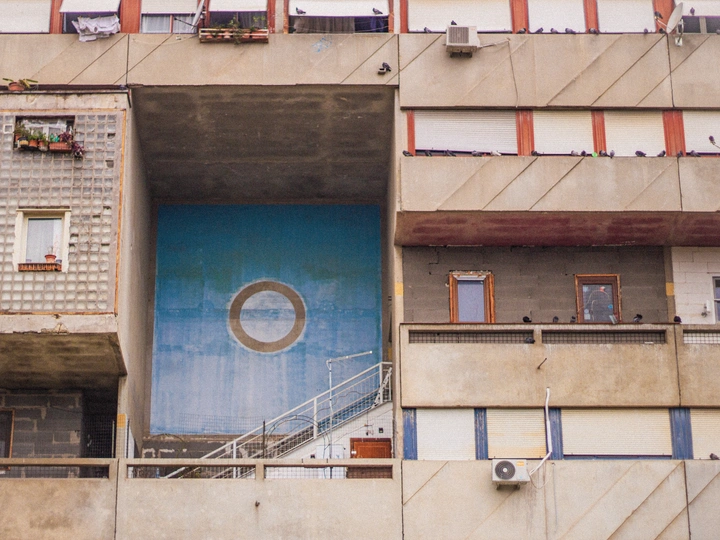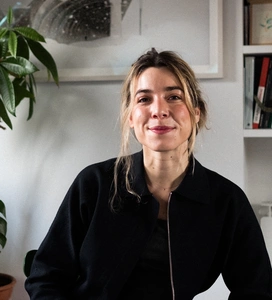A political anatomy of housing estates

Rocío Calzado is a Spanish architect and urban planner based in Paris, currently pursuing a PhD at Ecole de Ponts of Paris. Her work focuses in exploring the relationship between buildings and politics. This research is applied to the field of social housing and developed through the study decision-making processes around the demolition and transformation of European housing estates. Calzado holds a bachelor and a master’s in Architecture from the Polytechnic University of Madrid, and a two years master’s in Politics of Ecology at Sciences Po Paris. She collaborates as an urbanist and as a researcher with the architecture studio l’AUC Paris on a housing estate transformation project in Paris, while being part of the Technics, Regional Planning and Society Research Centre Laboratory (LATTS). In 2019 Calzado received the SERP grant to conduct research at Tokyo Tech on how existing infrastructural systems could drive change towards more sustainable urban models, and in 2020 her master thesis developed was nominated by the Fundació Mies Van Der Rohe for the Young Talent Architecture Awards. Rocio’s work has been published in different specialised magazines and she has participated as a speaker in different international conferences and congresses such as the European Network for Housing Research, Pannel 21 at the World Urban Forum 11, the Biennale of Architecture and Landscape of Paris or TU Delft Atlantis Magazine.
Although the challenge of governing housing estates has been a pressing issue for some decades, the new climatic regime raises new challenges in their governance. Acknowledging that the environmental impact of transforming housing buildings is considerably lower than that of demolition, different scholars (e.g., C. Hutin, L. Lees, A. Power) claim a transition to a model of sobriety that defends the practice of transformation over building new mass housing developments. This research project opens the way to alternative modes of governing the transformation of housing estates by tracing what factors influence the decision-making within such estates. The study focuses on a single case, the Corviale housing estate located in the southwest suburbs of Rome. The study challenges the approach to Corviale as a homogeneous structure, often found in academic studies, and proposes a way of approaching Corviale as a container of multiple practices and actors. By studying how the different physical features of Corviale interfered with matters of policy changes, the study seeks to shed light on the extensive range of unexpected effects that the different physical features of housing estates may have on their own governance process. These observations suggest new possibilities in the governance of the transformation process of the different parts of the building that could eventually provide practitioners and policymakers with new tools for envisioning and framing the transformation of housing estates.
